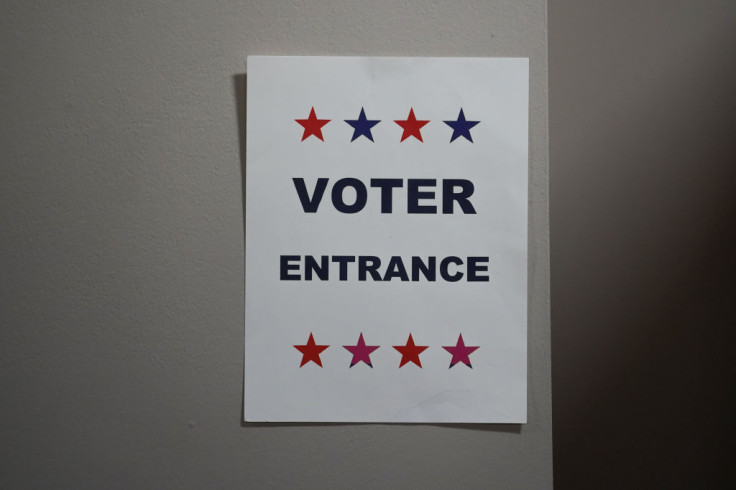
In Georgia, voter eligibility challenges have escalated significantly this year, forming part of a broader national effort led by allies of Donald Trump to scrutinize voter rolls and monitor election centers closely. However, a new report by the Associated Press has revealed that, of the more than 63,000 voter registrations which have been challenged across the state since July 1, local election officials have rejected the vast majority of them, with less than 1% of voters removed from the rolls or placed under challenged status.
The main organization behind claims that Georgia's voting rolls are bloated with ineligible voters is the Trump-aligned State Election Board, which was signaled out last Friday in a lawsuit by the Fulton County Board of Registration and Elections for being "election deniers" with no authority to install monitors within the county.
The push to challenge voter registrations has attracted attention from the U.S. Justice Department, which issued guidance in September aimed at limiting such efforts, citing the 1993 National Voter Registration Act. The guidance suggests that recent Georgia laws facilitating these challenges may be in conflict with federal regulations.
As AP reports, Republican-dominated Forsyth County is the notable exception in the aforementioned process, as most counties have dismissed challenges, often due to a lack of appearance by challengers or insufficient grounds for removal. In Forsyth, over 600 voters have been removed or placed in challenged status, accounting for the majority of successful challenges since July.
Critics of the movement, including Democratic lawmakers and voting rights advocates, argue that the challenges are politically motivated and rest on outdated or inaccurate information. They also raise concerns about the potential impact on voter participation, particularly among communities targeted by these efforts.
In Texas and other states, conservative activists have increasingly monitored voter registration efforts, particularly those led by Latino advocacy groups. Last week, Texas Attorney General Ken Paxton, one of the biggest supporters of challenging voter eligibility in the country, wrote a letter requesting federal data to verify the citizenship status of over 450,000 registered voters.
Paxton's request raises questions about what actions might follow if the federal government cannot confirm the citizenship status of these voters. Under current law, Texas is prohibited from removing individuals from voter rolls within 90 days of a federal election.
© 2024 Latin Times. All rights reserved. Do not reproduce without permission.











